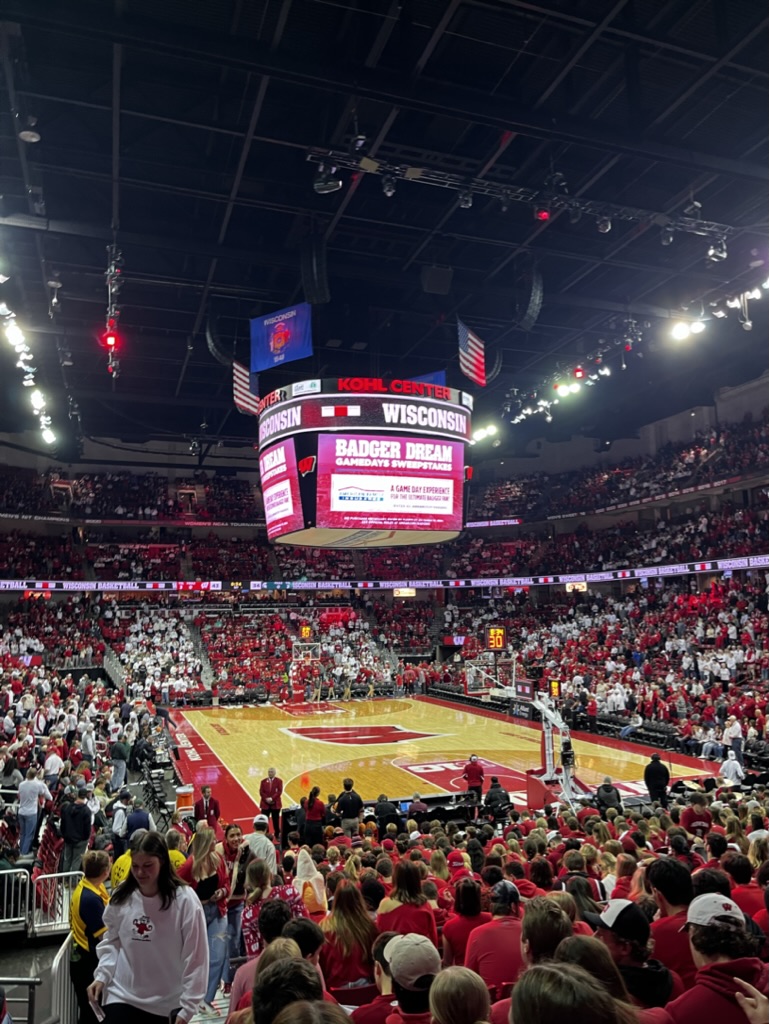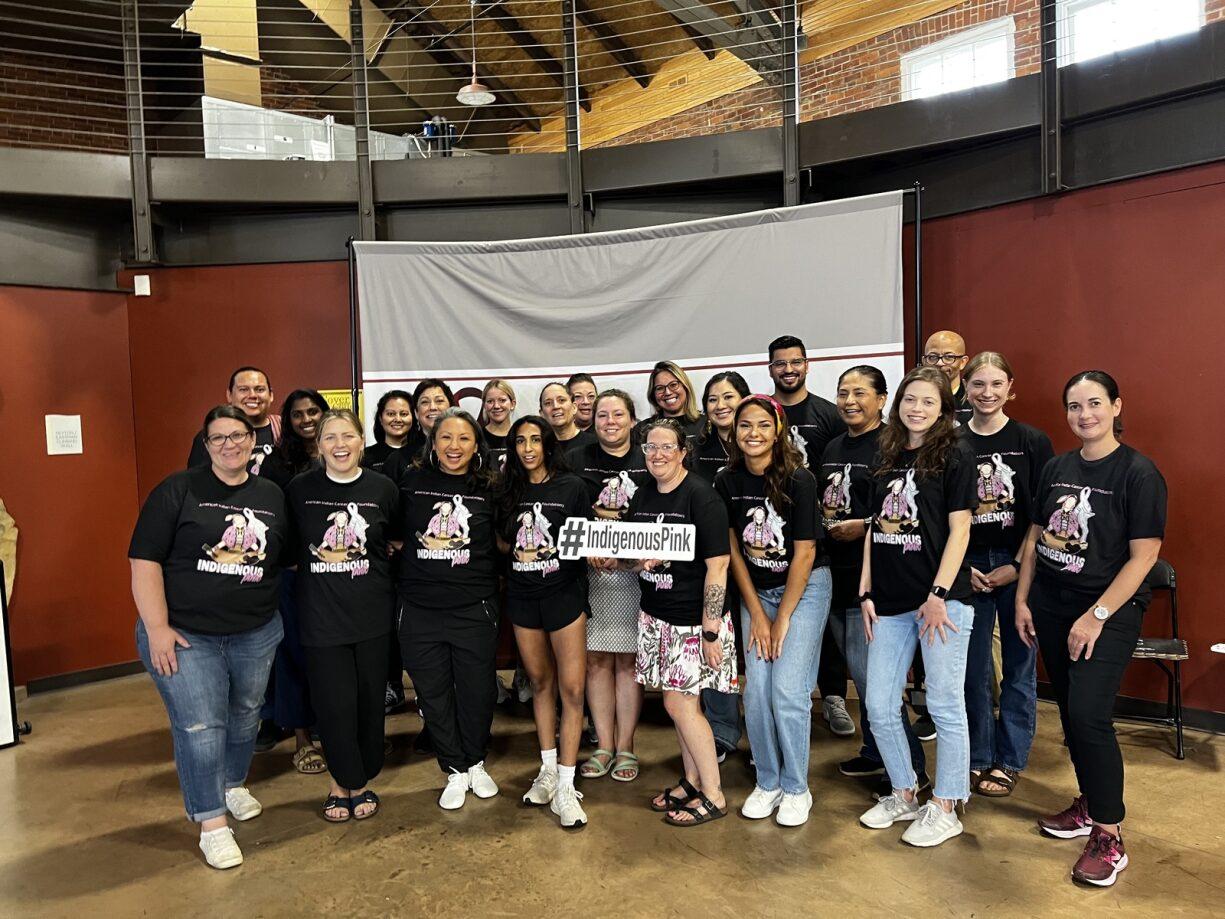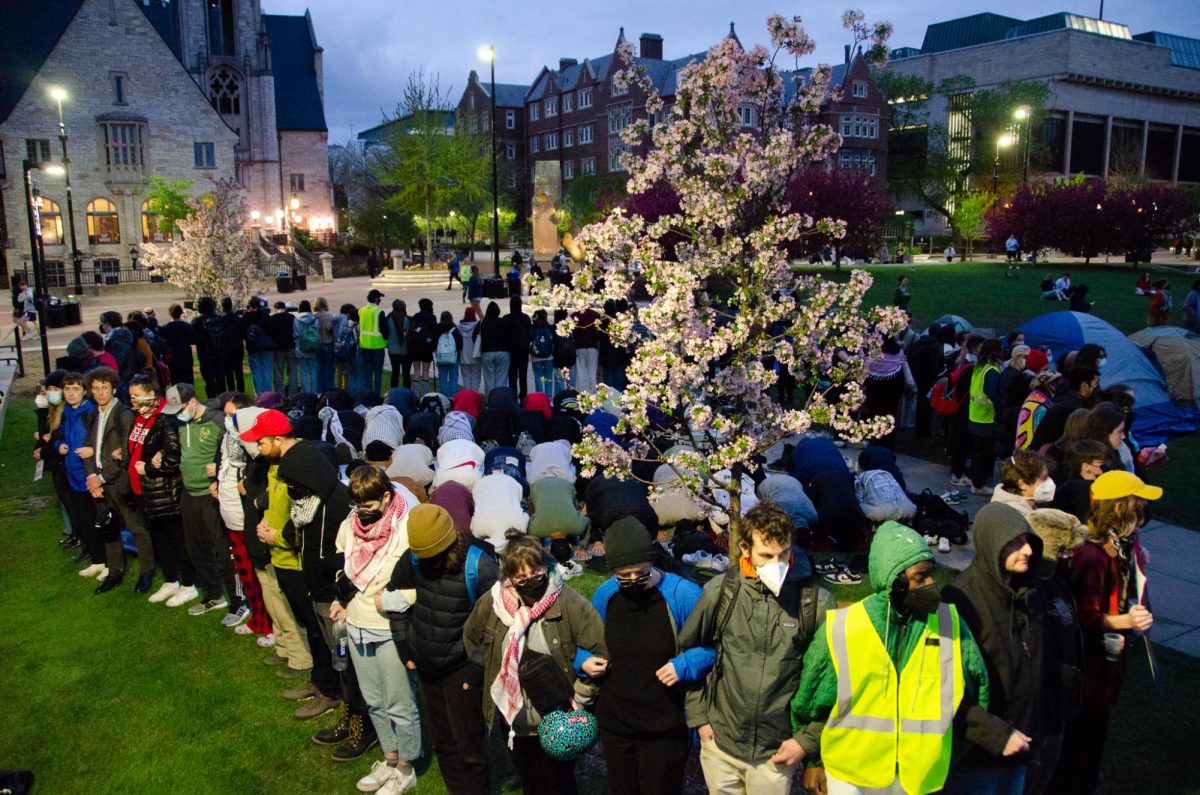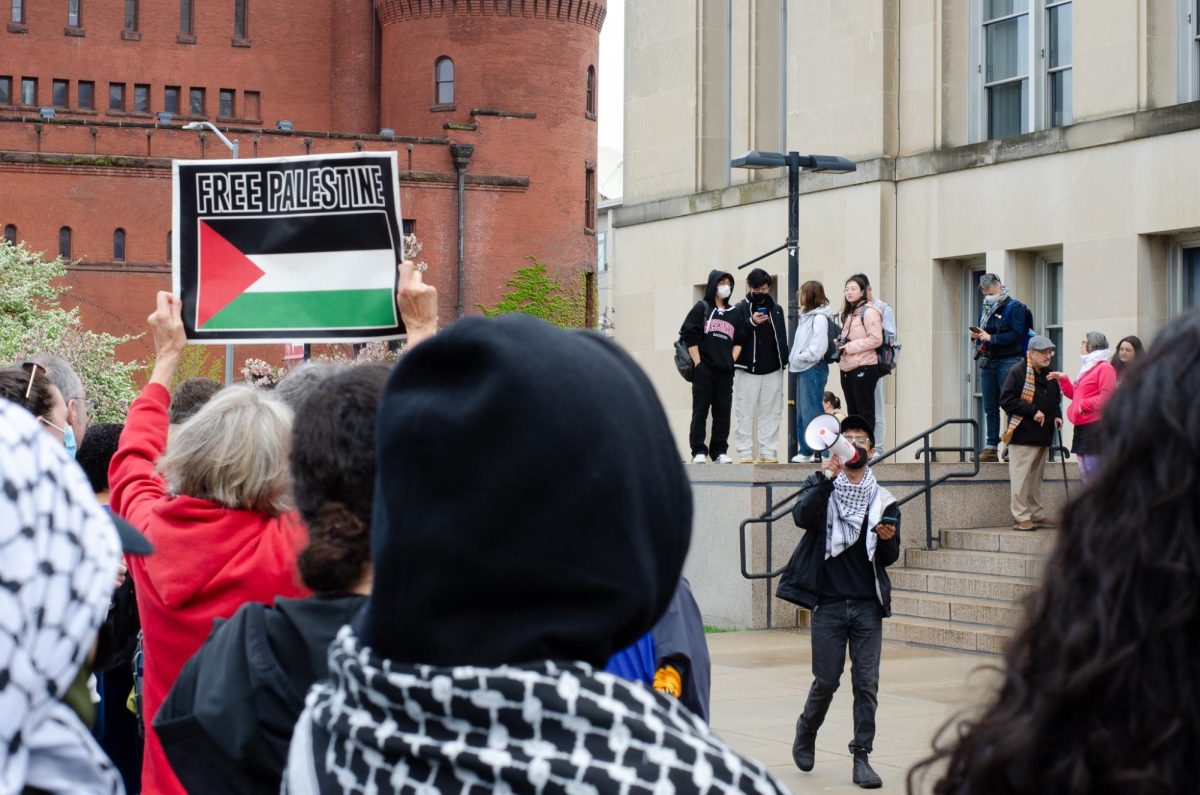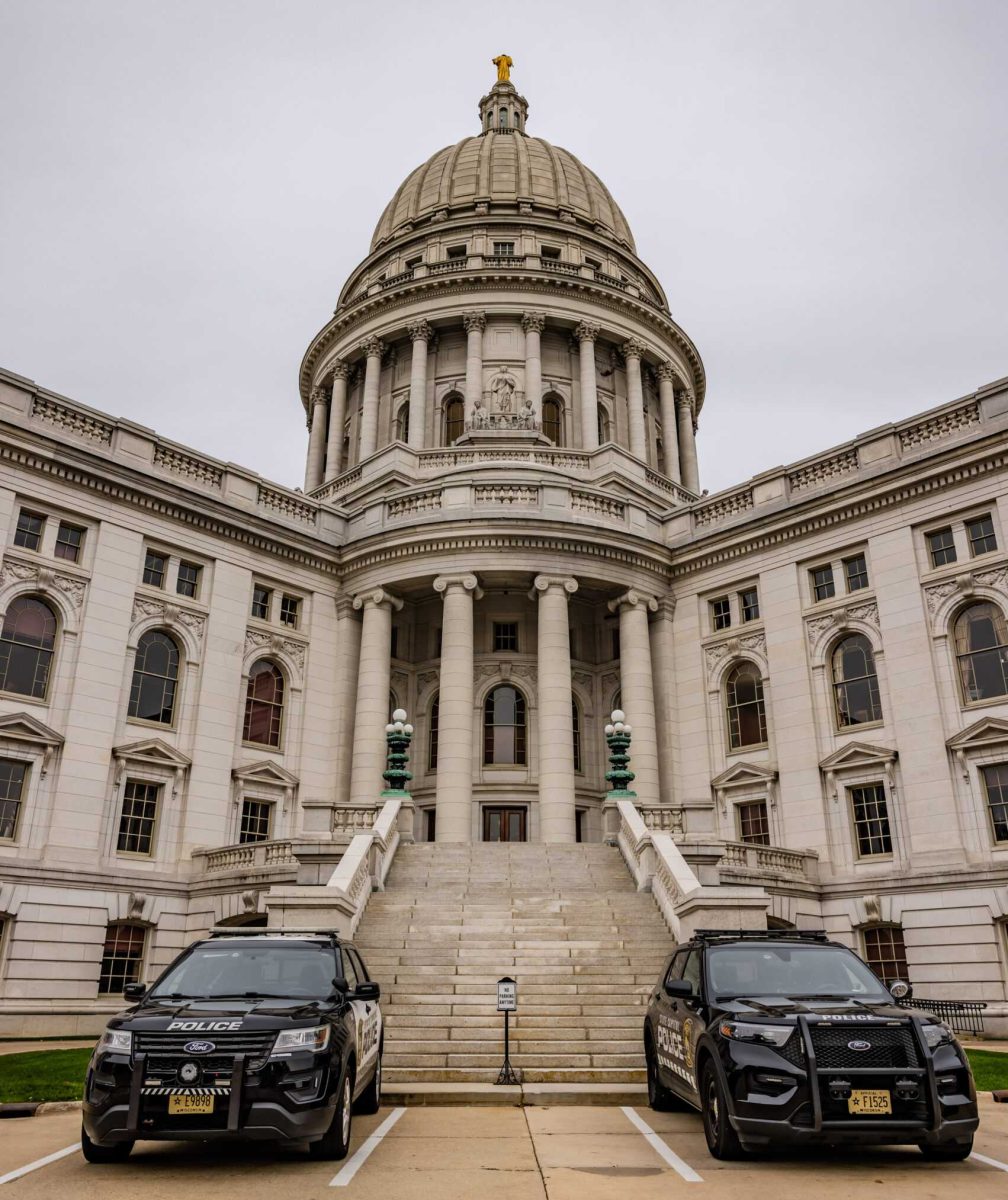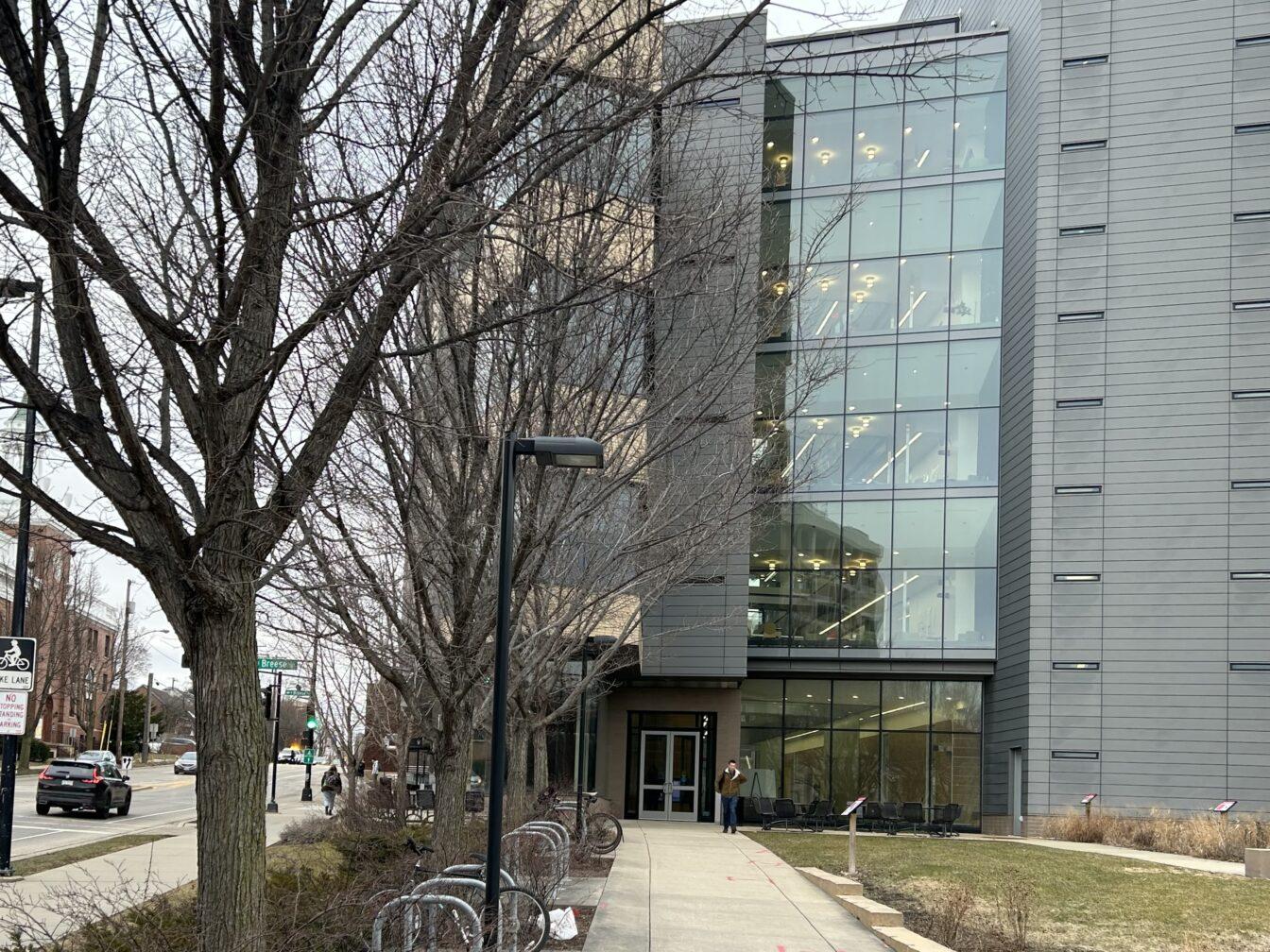The U.S. has a long history of undermining the status of Tribal Nations as sovereign states, but across the nation, data sovereignty is upholding Native people’s rights to data generation, ownership and representation in their communities, American Indian Cancer Foundation Research and Evaluation Manager Wyatt Pickner (Hunkpati Dakota) said.
Data sovereignty is the right to have jurisdiction over any data that is gathered and created in any sovereign entity, and sovereign entities should use that data as they see fit, University of Wisconsin researcher and enrolled member of the Oneida Nation Dr. Lauren W. Yowelunh McLester-Davis said.
Researchers who work with Native communities have a responsibility to respect and facilitate a community’s right to oversee and own their data, AICAF Research Specialist and Sisseton and Mdewakanton Dakota descendant Evie Odden said.
In research, Western academic models for data collection and ownership have historically been extractive, unethical and inappropriate, underscoring the need for Indigenous-driven research that aligns with the community’s interests and needs, Odden said.
“Native communities face some of the most pressing barriers out of any population in the United States,” Odden said. “Specific to cancer, Native peoples are more likely to be diagnosed with some types of cancers. They’re more likely to be diagnosed at a later stage, and then ultimately have a higher mortality rate.”
These issues stem from a legacy of assimilationist and genocidal policies in the U.S., but data sovereignty allows Native people to address their health needs by deciding what research takes place in the cultural and social context of their community, Odden said.
For example, McLester-Davis said tobacco is culturally significant in the Oneida Nation, yet many studies assert that smoking commercial cigarettes increases risk for Alzheimer’s and related dementias. No research has been done on the use of non-commercial, Native tobacco use, so researchers must consider the distinction between traditional tobacco and commercial tobacco to assess whether it is a disease risk factor in these communities.
Community-directed data is also important in supporting health resources in Native communities. McLester-Davis researches Alzhiemer’s and related dementias and has found while there are support resources for families of people with these diseases, they often require budgeting and hiring services rural areas do not always have access to.
To raise funding and determine economic impact, healthcare directors need to have all the available data about the disease in a particular community — if tribes do not have control over that research, there continues to be a lack of resources for the community, McLester-Davis said.
Study on travel experience reveals flaws in transportation accessibility
Native-led research also grasps the breadth of data collected in Native communities that Western research models cannot capture, Pickner said. This data extends beyond quantitative and qualitative boundaries and involves the stories, songs, life experiences and interactions between people in the community.
“If we only look at data from the quantitative side of things through numbers, then we’re going to miss out on so much,” Pickner said.
Contemporary data collection also tends to exclude Native communities and their relatives from data sets or comprise only a minuscule sample — deemed an “asterisk Nation,” Pickner said.
Western research has also inappropriately interpreted data about Indigenous communities, which upholds problematic stereotypes about Native people and creates misrepresentations of Native health realities, Pickner said.
“We’re so much more than that — there is so much strength and resilience and so many positive stories about who we are as Indigenous people,” Pickner said. “And oftentimes that’s not the story that’s told. [Data sovereignty] allows the communities to be able to talk about themselves in the ways that are truly representative of their community.”
To honor data sovereignty, AICAF researchers practice tribal consultation throughout the entire research process — starting with identifying the self-determined priorities of each Native community and developing a data ownership and usage contract, Pickner said.
Each tribal community is unique, requiring different research processes ranging from oversight from tribal institutional review boards to more informal meetings for coordination with the communities’ representatives, Pickner said.
TEDxUWMadison introduces new AI ideas with talks from five experts
Before research even begins, AICAF researchers uphold the traditional values of each community by rooting their research in its individual history and culture, Odden said. This process also ensures the research has multiple direct benefits to the community.
Data sovereignty involves active tribal input in the data analysis process since Native people generally know the best way to interpret the data in the context of their specific community, Pickner said. Once a research report has been collaboratively finalized, AICAF returns the data to the stewardship of its respective community.
Data ownership also extends to sharing rights — some tribal data is meant to stay within the community and not be distributed elsewhere, Pickner said.
If Tribes do request AICAF’s services in the dissemination of research findings or cancer prevention education, they often ground the educational materials into the community’s specific language or art style with the help of Native representatives, Odden said.
“In addition to centering community, it’s also centering culture, centering tradition, centering community knowledge,” Odden said.
Often there are already tribal-led health programs providing for Native communities, so organizations like AICAF offer capacity-building services to promote the continued sustainability of those resources, Pickner said.
To avoid repeating harmful conduct in research, trust between communities and researchers is very important to the outcomes of research projects involving Native people, second-year medical student at University of California, San Francisco and enrolled member of the Stockbridge-Munsee Band of Mohican Indians Emma Grellinger said.
By also serving as the Native American Center for Health Professionals Director of Indigenous Science Advocacy, McLester-Davis promotes relationships between UW and Tribal Nations by advocating Native needs to academic institutions and ensuring university resources are best partnered with the interests of Native communities.
Another major piece to data sovereignty is the proportional representation of Native people in healthcare — of which there are significant disparities. The proportion of Native health professionals is extremely small given the proportion of American Indian and Alaska Native People in the U.S., according to Grellinger, who researched this for a recent book chapter.
“[Native people] are severely underrepresented, not just compared to other groups, but compared to ourselves in the population,” Grellinger said.
At UW, NACHP supports the representation of Native health professionals by offering mentoring services and a community of support to Native students interested in medicine, Grellinger said. NACHP helped her develop her medical school application, find research opportunities and provided an intimate feeling of camaraderie with other students and professionals.
Grellinger’s positive experiences with NACHP and Native academic communities inspires her to pursue a similar path for mentoring students in medicine, where she will be part of the growing population of Native health professionals.
“The Native American Center for Health Professionals … truly mentored me so much and got me to where I am now,” Grellinger said.
McLester-Davis said some of the most rewarding parts of her work come from sharing her studies with her family. For Odden, supporting Indigenous research has helped her connect with tribal communities, which she was disconnected from for part of her life.
Cybersecurity: Why do websites want me to accept privacy permissions?
Across the U.S., data sovereignty efforts are taking place, including the upcoming U.S. Indigenous Data Sovereignty and Governance Summit open to elected tribal leaders to discuss the progress and challenges of governing data.
Data sovereignty is generative — it protects the sovereign rights of Native communities to choose what research happens with their people, on their land, while also opening opportunities for continued community resilience and education, Odden said.
With this comes unlearning many research paradigms academics are accustomed to, but the data can be made impactful by approaching communities’ priorities and values with a lot of humility and an open heart, Odden said.







